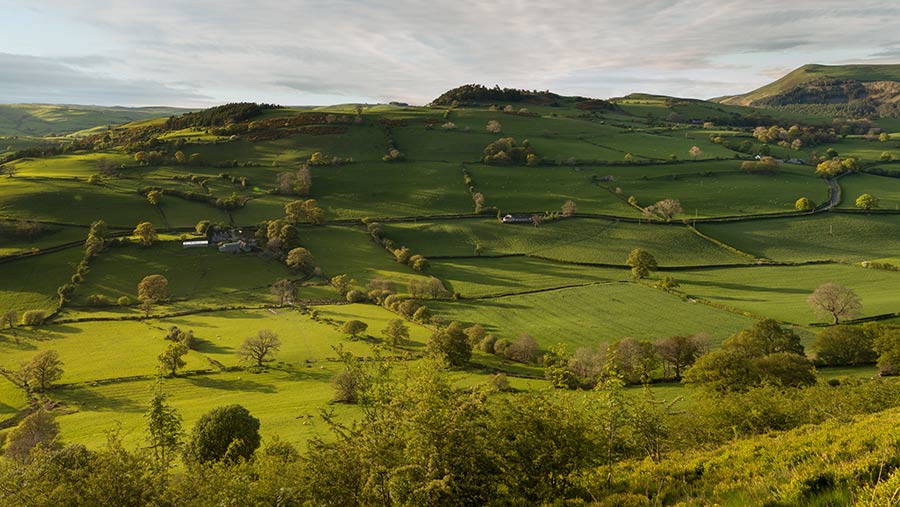Opinion: Welsh farm policy riddled with contradictions
 © George Heap/Adobe Stock
© George Heap/Adobe Stock It was biblically bucketing down for the first few hours of our annual charity tractor and trailer rides in early November.
The tractor was dragging the trailer with its happy inhabitants like a toboggan, glorious mud flying everywhere.
Measuring success was simple at this event – a lot of effort from good people, so locals could have some fun and raise money for a good cause.
See also: Opinion – better to learn from each other than fight in factions
Even with the weather, we pulled it off. That’s the kind of success we all like. Set a goal, put in the effort, and get the reward.
But that is far too simplistic for the complexities of modern farming and, in this moment of real shift in policies, it is difficult to tell where success and/or lack of it lies.
What has become increasingly clear is that the farming policy teams in Wales really are in a spin when it comes to direction.
Many farmers are completely perplexed by the new interim approach, the Wales Habitat Scheme.
While farmers, unions and environmentalists are agog, Welsh government statements are positioning it as a seamless transition vehicle to the Sustainable Farming Scheme.
To read the two side-by-side highlights the contradiction.
One is a superbly ambitious set of environmental principles, the other a hotchpotch of lowest common denominators that removes many of the elements of habitat management from the past 30 years.
For example, it ignores whole farm organic support completely. It doesn’t match up. Why? The assumption is that the Welsh government is skint.
Competitive disadvantage
Leaving the EU created a vulnerability for agricultural budgets. We have arrived at that point of vulnerability, and it appears that farmers and habitat management are somewhere down the list of budget priorities.
Here is the reality – a Welsh organic farmer with a focus on habitat management is far less secure in policy direction and support than colleagues from the other nations in the UK going into 2024.
Is that an acceptable position? Doesn’t it put Welsh farmers at a serious competitive disadvantage, as well as raise their cortisol levels?
The stress-inducing dilemma of a farmer invested in habitat management is to work out how to replace tens of thousands of pounds in the next 12 months, and then for each subsequent year after.
That is difficult for a small business, especially if there’s a three-month notice period to unpick 30 years of decision-making.
The strength of that business to contribute to any grand habitat management scheme in the future is fundamentally damaged by this interim policy, not to mention the potential loss of hard-won habitat gains.
Farmers have faithfully shaped their businesses to answer the questions of schemes such as Tir Gofal, Glastir, Glastir Advanced and Glastir Organic.
Many have taken heart from the Sustainable Farming Scheme’s direction. Are they to be disappointed and largely abandoned?
If they are, many of those businesses will have lost a significant chunk of what made them viable.
Why have we not had sensible and serious conversations about it? Why has the ground not been prepared instead of dumping it out, bit-by-bit, weeks from implementation?
This looks like a panicked policy, and a panicked policy points to a lack of grip somewhere. It’s not good enough.

